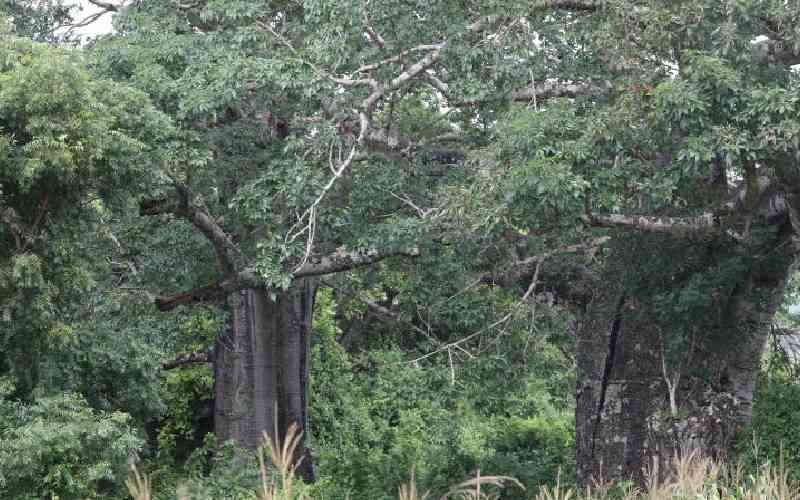×
The Standard e-Paper
Home To Bold Columnists

A Baobab tree in Mavueni, Kilifi County. [Kelvin Karani, Standard]
Three seemingly unrelated events occurred this year between May and November, laying the groundwork for what could have been the biggest rip-off of Kenya's biodiversity at the Coast.